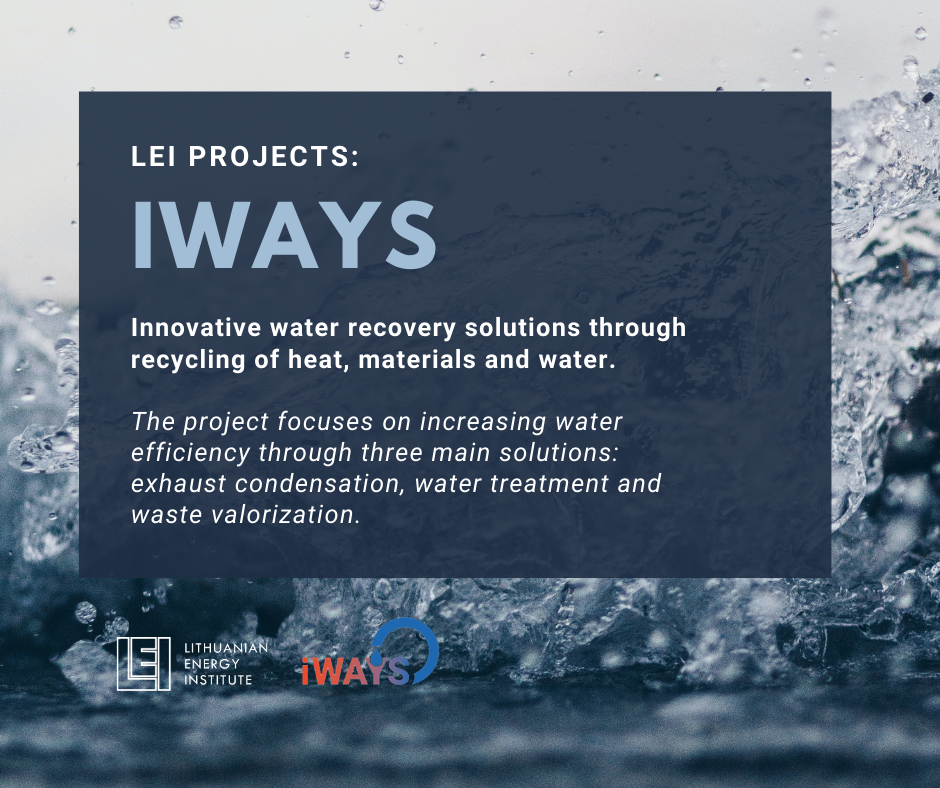The European Parliament has set a new climate target for 2030 – to cut greenhouse gas emissions by at least 55% compared to 1990 levels, up 40% on previous targets. Some industry groups criticize the new targets as being overambitious and too expensive while across Europe scientists and engineers have already joined forces ready to take on the new challenge. A key aspect is to develop new technologies to reduce the need of resources in the energy intensive industries.
EU-funded Horizon 2020 water recovery project – iWAYS (Innovative water recovery solutions through recycling of heat, materials and water). It was given the budget of €10,596,775 and it was started in December 2020. The project will last four years and will be coordinated by Università degli Studi di Modena e Reggio Emilia. The project focuses on increasing water efficiency through three main solutions: exhaust condensation, water treatment and waste valorization.
The project will develop a set of technologies to recover water and energy from exhaust gases in industrial processes, to meet water quality requirements and to reduce primary energy consumption. It is also expected to reduce freshwater consumption by 30% to 64%; and to recover water and heat from humid gases by 30%.
Lithuanian Energy Institute’s Nuclear Engineering Laboratory is participating in various projects related improving efficiency of heat exchangers, waste heat recovery, and the reduction of atmospheric emissions. In this Horizon 2020 project, scientists of Nuclear Engineering Laboratory will work with present equipment of the laboratory as well as with new devices purchased with the project funds to conduct investigation into condensation processes in prototypes of innovative corrosion-resistant heat exchangers.
More information: https://lei.lt/en/projektas/iways/






